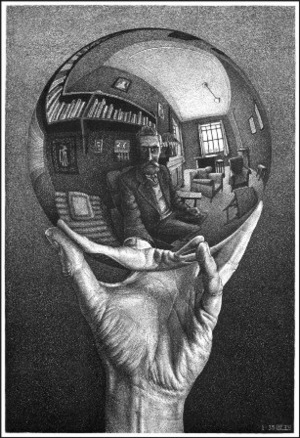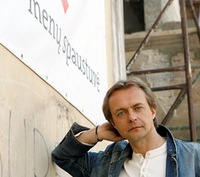CRITICISM OF THEATRE AND CRITIQUE: CRITICALLY (I) 2
In brief: One Lithuanian theatre actor stated in his short reflections on criticism, direction and relations among colleagues: “I regard criticism as my wife: I hear the notes and continue doing the same.” The author Viktorija Ivanova converses with people creating, observing and analysing the Lithuanian theatre processes – the philosopher, theologian Ervinas Koršunovas, theatre and cinema critic, reviewer of culture Vaidas Jauniškis, theatre critic Rasa Vasinauskaitė and director Agnius Jankevičius about the present situation of criticism in the society.
Ervinas Koršunovas
“I would attribute myself to people reading reviews and articles about theatre. I notice lately that theatre critics write articles not so frequently and it is a problem in my opinion. Only several texts about a performance appear and they do not create a resonance, only a mist around artworks and art creators is generated. It becomes unclear who estimates performances and how and what the evaluation system is.
(…) In general, the public relations and evaluation models of performances have changed. As a society, we think we have gone through the time of change and have reached some kind of stable stage, where solid doctrines, noble characters and ideas are valid. In general, there is no competition among ideas and criticism for the prevailing ideas. I would say that stagnation returns – it is stagnation of mature capitalism rather than that of the Soviet times.
(…) Of course, there are fewer spaces where critics can write now. Culture is pushed out to outskirts of websites, I don’t even speak of television. I do not remember when some artist, exhibition, performance or film appeared in front pages of newspapers. From this point of view space has been lost. Culture loses greatly and annoyingly.”
Vaidas Jauniškis
“The opinion that “There is no criticism in Lithuania” has always existed; it also contains the answer: there is no criticism when you don’t read it. I may say that everybody who states this does not read it. If it is an older person who states this, he/she has not paid attention that criticism has changed its face. There is less space for it, the flow of information is much bigger, and when you find a review of half a page in some weekly, it seems solid.
I would not agree that there is no criticism or that it is of lower quality. I think it is even better. Presently criticism lives in a certain golden age having in mind that the number of publications that write about performances is rather high. You may read some ten reviews about a performance that has caused a resonance or some two-three reviews about all other performances. There exist disputes, dialogues and disagreements.”
Speaking about the tasks of a theatre critic, V.Jauniškis emphasises that the primary aim is to be a mediator between the public and creators. “A theatre critic is a more experienced spectator, he/she has a much bigger field for comparisons, actualities of theatre, etc. He/she has tools for analysing theatre. His/her task is to reveal the certain language of theatre creators and things they tell by a performance.
Secondly, a critic speaks with creators and the theatre itself by his/her reviews. He/she becomes an observer, agent who dares and must tell to the public and theatre that some performance or theatre is worth attention or that some other performance is only entertainment. Finally, critics write for history. Who else will capture the ephemeral “here and now”, when even video recordings fail to render this direct and live impression?”
The theatre and cinema critic emphasises that the number of theatre critics is too low. There could be more people who write about theatre but would not work in theatre, according to him. “The field of theatre criticism as science, dissemination of new theories, translations of foreign theatre literature, organisation of conferences has not been cultivated yet. Theatre critics could create the culture of discussions and take them to the academic level,” V. Jauniškis believes.
To be continued



